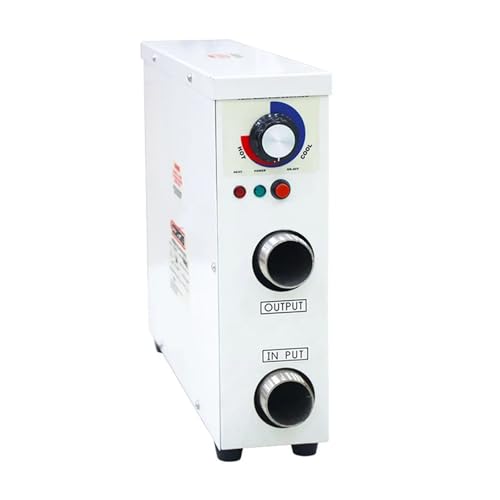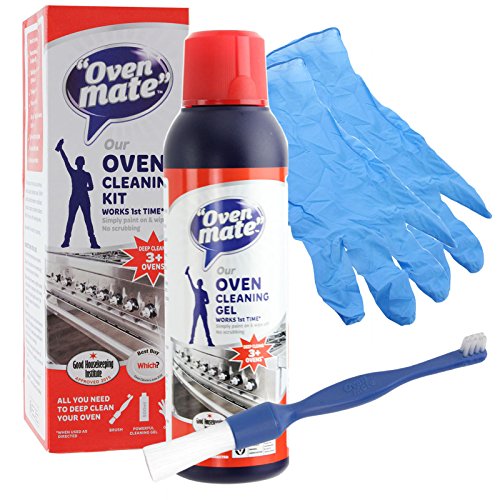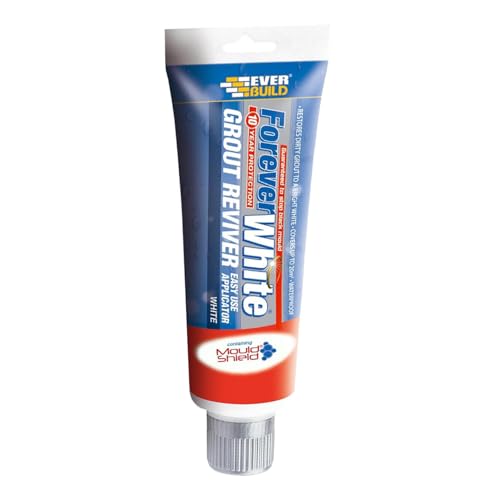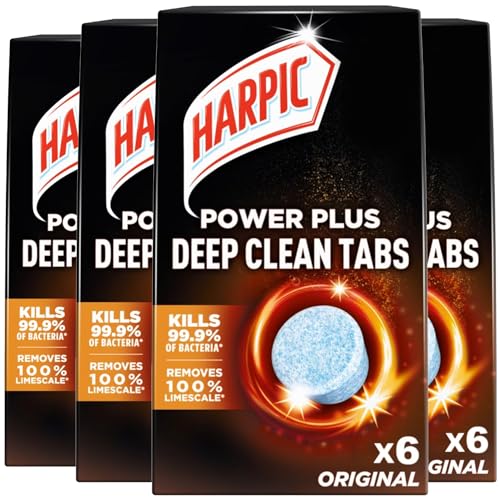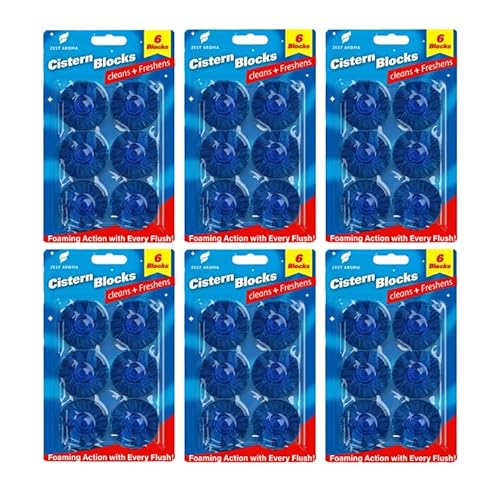Understanding Pool Heaters: How They Work and Why You Need One
How Pool Heaters Operate
Pool heaters are essential for maintaining a comfortable swimming temperature, especially in cooler months. They work by circulating water through a heating mechanism—either gas, electric, or solar—before returning it to the pool. This process allows you to extend your swimming season and enhances the overall enjoyment of your pool. Imagine jumping into a warm pool on a chilly evening or hosting a pool party that’s comfortable for all your guests.
The Benefits of Having a Pool Heater
By investing in a pool heater, we can transform our swimming pool into a year-round attraction. This means more fun and relaxation without worrying about the temperature. A properly heated pool invites family and friends to gather, creating lasting memories. Moreover, heating the pool can help retain water temperature during cooler nights, ensuring that every dip feels just right.
Choosing the Right Type of Pool Heater for Your Needs
Understanding Different Types of Pool Heaters
Choosing the right pool heater depends on various factors, including your budget, environmental considerations, and the type of pool you have. Gas heaters are powerful and heat water quickly, making them ideal for those who want to use the pool intermittently. Electric heat pumps are more energy-efficient and suitable if you plan to heat your pool regularly, while solar heaters provide a more sustainable option, harnessing the sun’s energy to keep your pool warm, perfect for those sunny days.
Assessing Your Pool Size and Usage
Before selecting a pool heater, it’s crucial to consider your pool size and how often you use it. For larger pools, a more powerful heater will be necessary to raise the water temperature effectively. If you work from home and can swim mid-week or a few times a month, investing in an electric heat pump or gas option may cater better to your lifestyle. Meanwhile, for seasonal users, a solar heater will suffice for summer enjoyment.
Factors to Consider Before Buying a Pool Heater
Evaluating Energy Efficiency
Energy efficiency is not just good for the environment; it can help save money on your utility bills. When assessing different pool heater options, look for models that offer high energy efficiency ratings. For example, electric heat pumps may have higher upfront costs but save you money in the long run by maintaining lower operating costs. Understanding the running costs will help you choose a model that fits your budget and usage.
Installation Requirements
Consider the installation process for your chosen heater. Gas heaters often require ventilation and connection to a gas line, which may complicate installation. Conversely, most electric heaters simply need a power source and can be set up quickly. Be sure to factor in these requirements, as they may influence your final decision. Always consult with a professional installer to ensure you comply with local regulations.
Maximising Efficiency: Tips for Using Your Pool Heater Effectively
Optimising Temperature Settings
To maximise the efficiency of your pool heater, adjusting the temperature settings to just what you need is essential. A comfortable swimming temperature is generally around 26-28 degrees Celsius. Setting your heater higher than necessary can lead to wasted energy and higher costs. By keeping the heater at a moderate temperature, we ensure a pleasant swimming environment without overburdening our energy bills.
Utilising Pool Covers
Investing in a high-quality pool cover can significantly enhance your heater’s efficiency. A cover prevents heat loss during cooler evenings and overnight, drastically reducing the energy needed to maintain warm water. By using a cover when the pool isn’t in use, we not only reduce running costs but also prolong our heater’s lifespan.
Maintenance Essentials: Keeping Your Pool Heater in Top Condition
Regular Cleaning and Inspections
To keep our pool heater functioning optimally, regular maintenance is vital. This includes cleaning filters, inspecting the heating element, and checking for any leaks or corrosion. By conducting routine checks, we can catch issues early and avoid costly repairs down the road. Make it a practice to inspect your heater at the beginning and end of each swimming season.
Scheduling Professional Servicing
Consider scheduling professional servicing annually to ensure your pool heater operates efficiently. A technician can perform in-depth checks, making adjustments or repairs that you might miss. This proactive approach protects our investment and ensures we get the most enjoyment out of our pool heating system.
